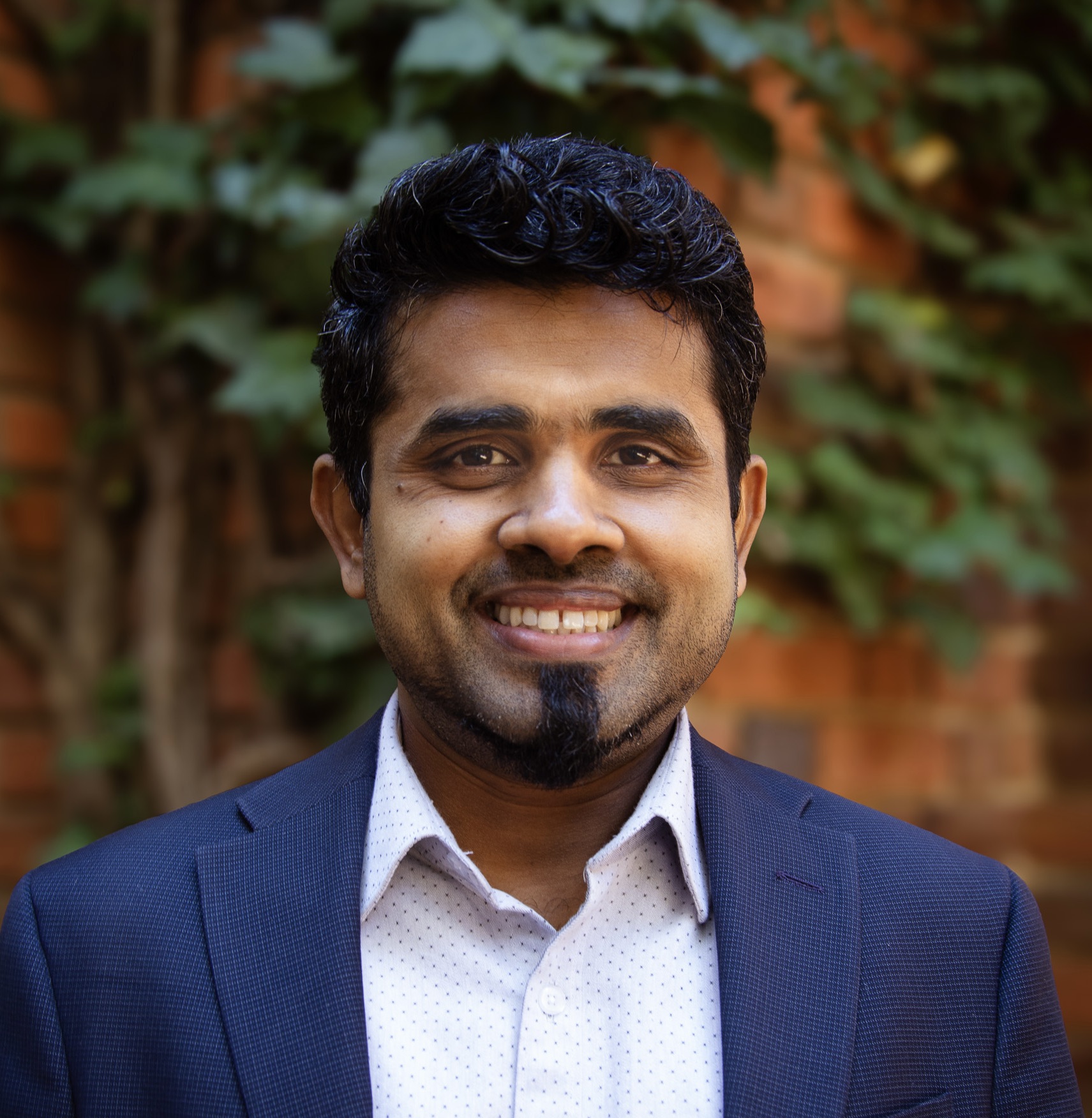The special issue that Karunanayake co-guest edited with Maryse Jayasuriya, professor of English at Saint Louis University, features 12 articles and two interviews on Sri Lankan literary and cultural work.
Dinidu Karunanayake, assistant professor of English, has co-guest edited a special issue of “South Asian Review” dedicated to Global Sri Lankan Literature and Culture. South Asian Review is an international peer-reviewed journal published by the South Asian Literary Association.
The special issue that Karunanayake co-guest edited with Maryse Jayasuriya, professor of English at Saint Louis University, features 12 articles and two interviews on Sri Lankan literary and cultural work. The articles are available via Taylor & Francis Online. The print edition will follow in the coming weeks. It is the product of over eighteen months of work. As Jayasuriya and Karunanayake write in their co-authored introduction, this special issue is “born out of the timely need to recognize and celebrate the emerging trends and new orientations of global Sri Lankan literature and culture.”
Despite the important work produced by diasporic and residential Sri Lankan writers, Sri Lanka continues to be under-represented in global postcolonial literature. In 2012, South Asian Review published a special issue on Sri Lankan Anglophone Literature—the first time a scholarly effort was made to bring different Sri Lankan literary scholars together. Fourteen years later, this special issue looks at the intervening years of Sri Lankan politics, culture, and its global mark, as captured by literary and cultural productions.
The special issue brings together a constellation of scholars from South Asia, North America and Europe. The essays examine a range of areas including the Aragalaya movement in Sri Lanka, the civil war and its aftermath, ecocriticism, gender and sexuality, and diasporic experiences. The special issue also features an exclusive interview with 2022 Booker Prize-winning Sri Lankan author Shehan Karunatilaka. This interview is in part based on a conversation Karunanayake had with Karunatilaka during the latter’s visit to Elon University last fall.
The editors are hopeful that this special issue “will animate new inquiries into heterogeneous shapes and identities of Sri Lankan literary and cultural work across continents.” They are grateful to the scholars who contributed to the special issue and to the anonymous reviewers.



